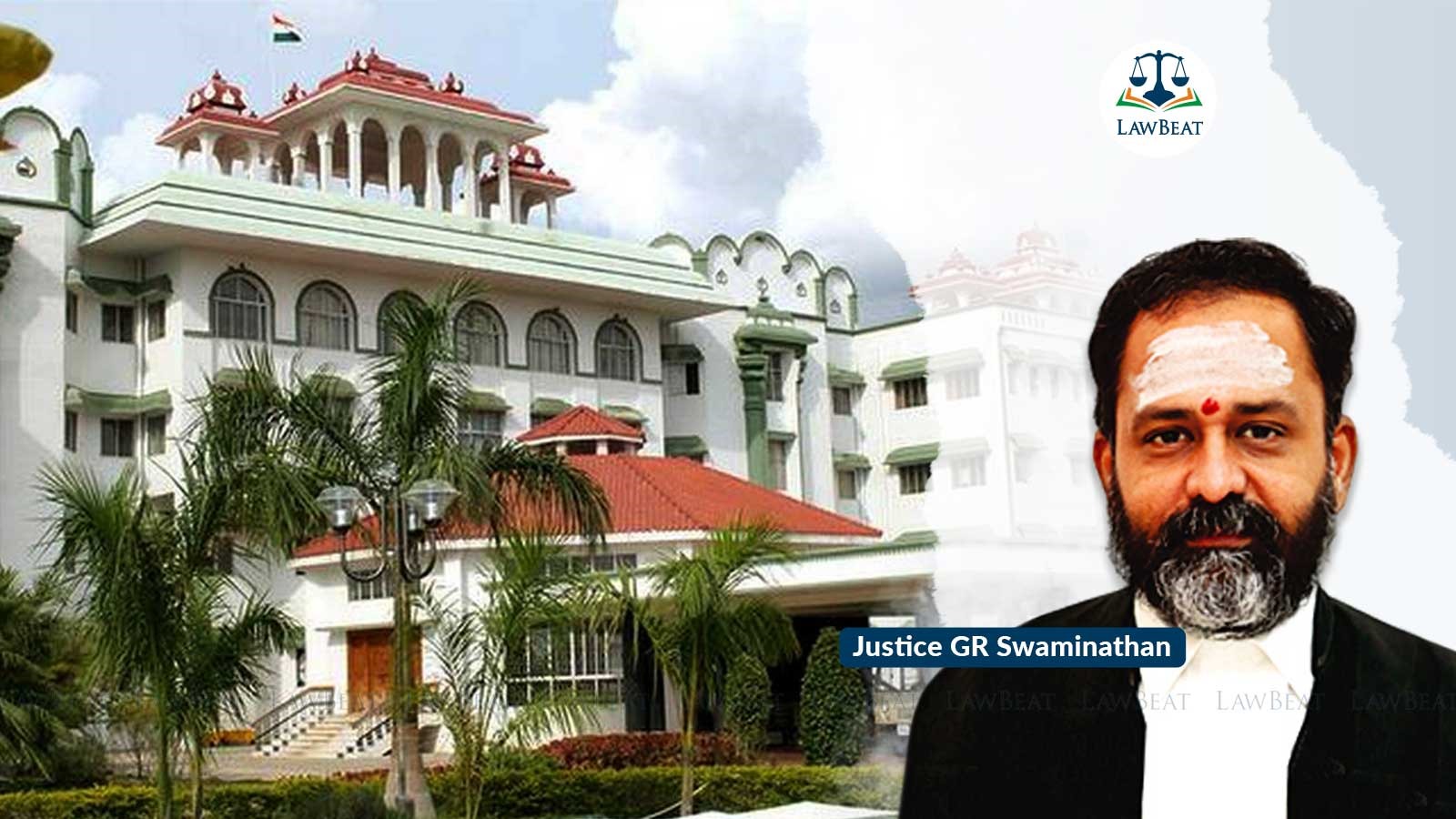Muslim women can claim damages from bigamous husbands: Madras HC

Justice GR Swaminathan wrote: If a Hindu/Christian/Parsi/Jew husband contracts second marriage during the subsistence of the first marriage, it would constitute cruelty besides being an offence of bigamy. It would obviously be considered an act of domestic violence entitling the wife to claim compensation under Section 12 of the Act. Will this proposition apply in the case of Muslims ?. The answer is “Yes”
In a landmark ruling, the Madurai Bench of the Madras High Court held that a Muslim woman is entitled to seek damages from her bigamous husband, recognizing his actions as constituting mental harm and qualifying as 'domestic violence' under the Protection of Women from Domestic Violence Act of 2005.
Justice G.R. Swaminathan emphasized that if a Muslim woman disputes the validity of a triple talaq (divorce) declared by her estranged husband, he is obligated to obtain a judicial declaration.
He must prove to the court that the talaq was issued in compliance with legal procedures, the judge observed.
Furthermore, he ruled that the Shariat councils of any Jamath (a Muslim congregation) lack the jurisdiction to adjudicate divorce matters. “Only courts officially established by the State can render judgments. The Shariat council is a private entity and not a court,” he stated.
The judgment was delivered in a domestic dispute involving a couple who married under Islamic rites in 2010, and also have a son. In 2018, the wife, a government employee, filed a complaint under the Protection of Women from Domestic Violence Act of 2005.
Following a 2021 order by a Judicial Magistrate mandating her husband to pay Rs 5 lakh in compensation for domestic violence—a decision subsequently upheld by a sessions court in 2022—the husband filed a criminal revision petition with the High Court in 2023. He claimed to have issued three talaq notices to his estranged wife prior to marrying another woman. However, the wife countered that she had not received the third talaq notice and maintained the validity of their marriage.
During the proceedings, Justice Swaminathan underscored that the definition of ‘domestic violence’ outlined in Section 3 of the 2005 Act encompasses any act or conduct by the husband that causes injury or harm, whether physical or mental, to the wife. He affirmed that bigamy constitutes a form of mental harm.
“If a Hindu/Christian/Parsi/Jew husband contracts a second marriage during the subsistence of the first marriage, it would constitute cruelty besides being an offence of bigamy. It would obviously be considered an act of domestic violence entitling the wife to claim compensation under Section 12 of the Act. Will this proposition apply in the case of Muslims? The answer is yes,” the judge articulated.
Justice Swaminathan acknowledged that while a Muslim male is legally permitted to enter into multiple marriages, this right comes with limited reciprocal responsibilities towards his wife.
He pointed out that while a wife cannot prevent her husband from marrying again, she retains the right to seek maintenance and refuse to live within the matrimonial household.
The judge referred to Karnataka High Court's judgment in Yusuf Patel V. Ramjanbi, where it was held that that though contracting a second marriage by a Muslim during the subsistence of the first marriage may be lawful, it would amount to enormous cruelty to the first wife. Also, that the first wife is entitled to claim damages and compensation.
In the case at hand, Justice Swaminathan dismissed the “divorce certificate” from the Shariat council of Tamil Nadu Thowheed Jamath, issued on November 29, 2017, stating it “made a shocking reading” as it blamed the wife for not cooperating.
Additionally, he expressed skepticism about the revision petitioner’s father acting as a witness for the talaq pronouncement, likening it to a saying in Tamil: “Velikku onan satchi, vendhadhuku chockan satchi,” which suggested that a father witnessing his son's talaq was as questionable as a chameleon or a cook testifying about food.
Therefore, noting that the husband had failed to obtain any judicial declaration that his marriage with the wife was legally dissolved, court concluded that the marriage between was "still holding good" and accordingly, upheld the order passed by the courts below of awarding compensation for a sum of Rs.5 Lakhs to the wife.
Case Title: M.A.Rafi Ahamed vs. Vaseela Banu
